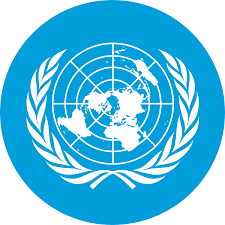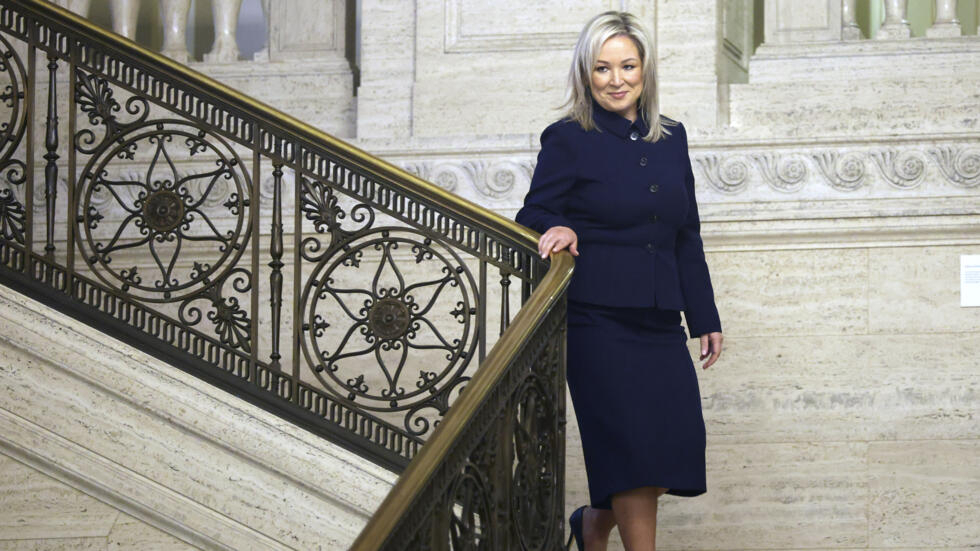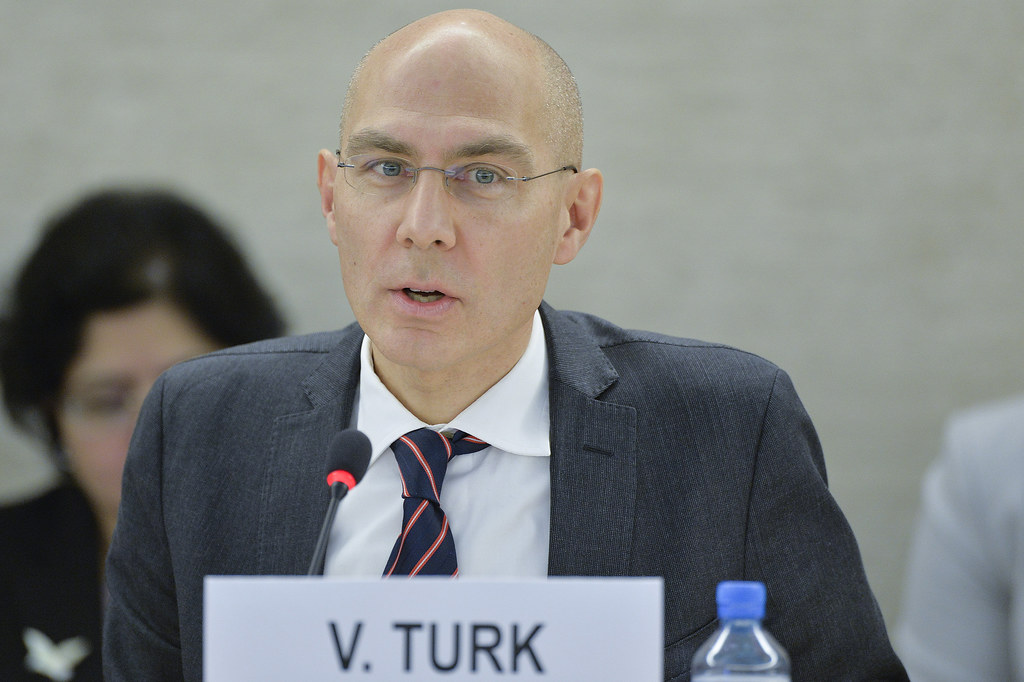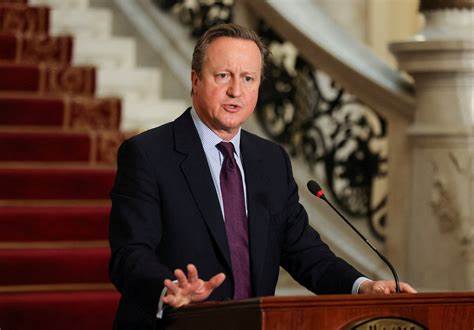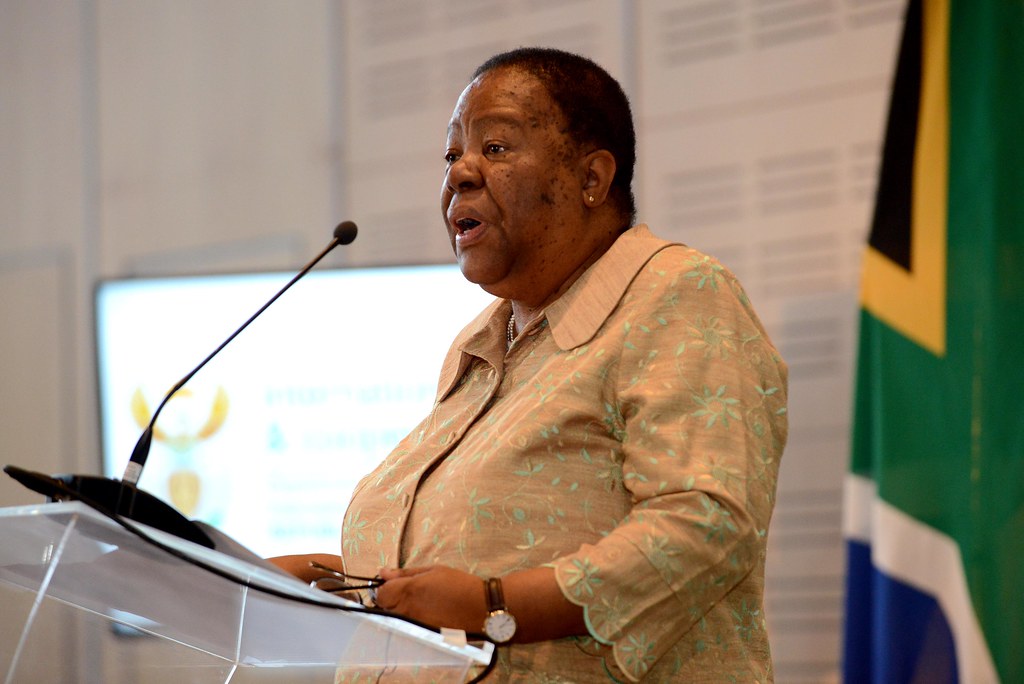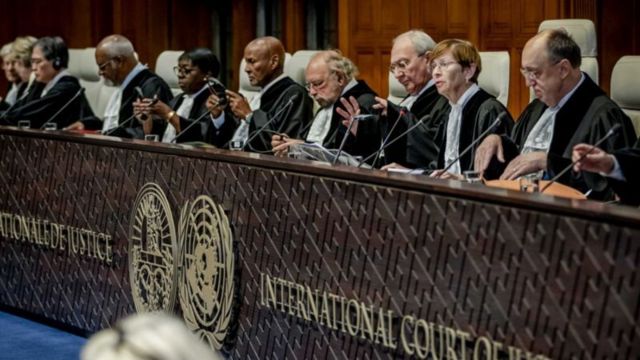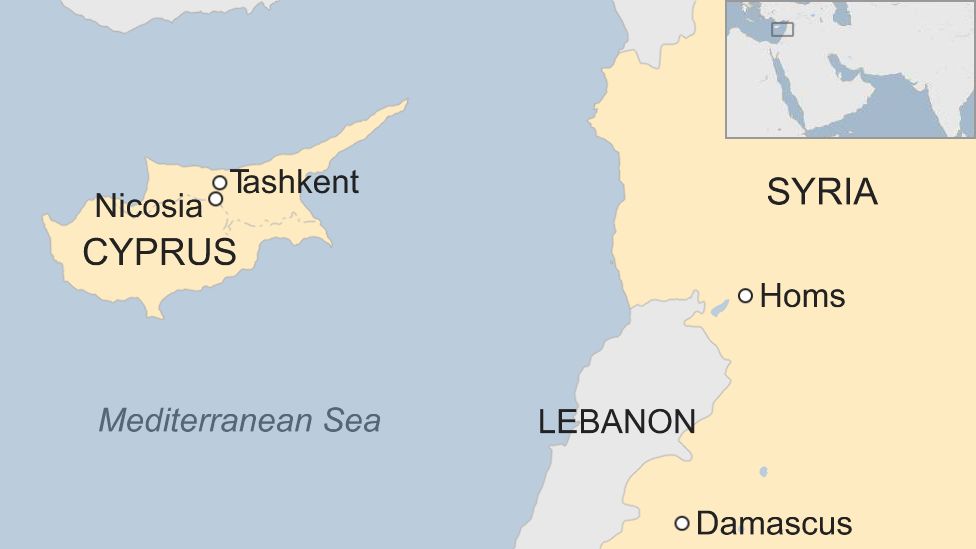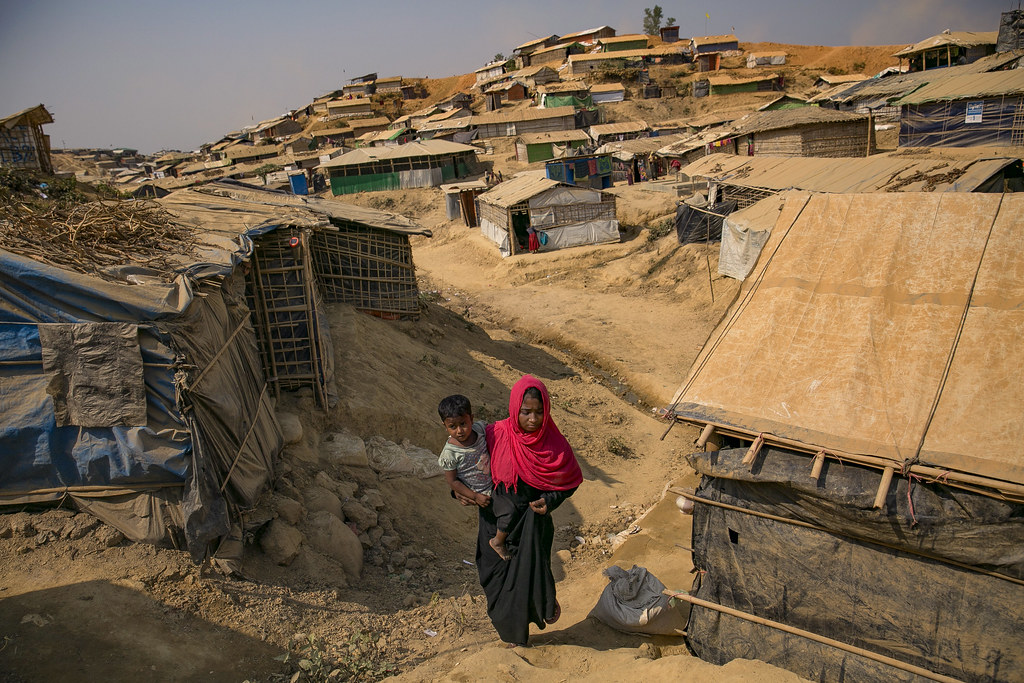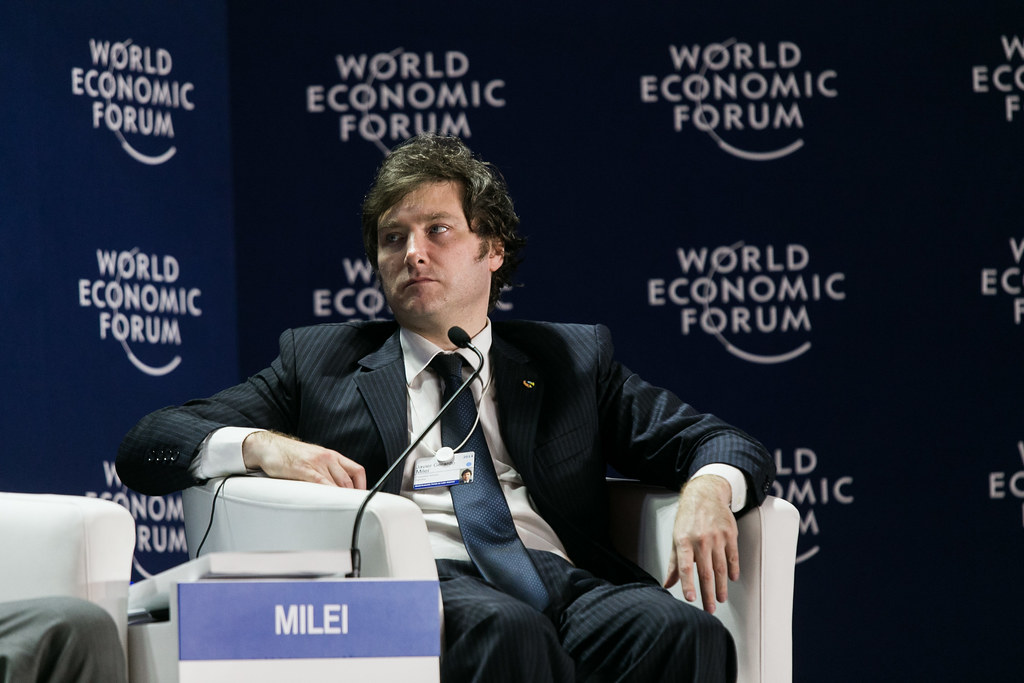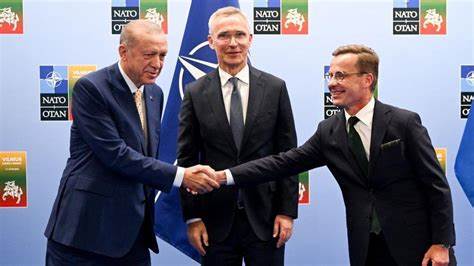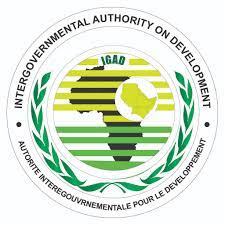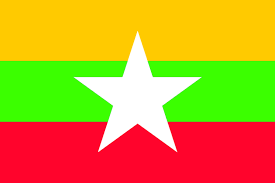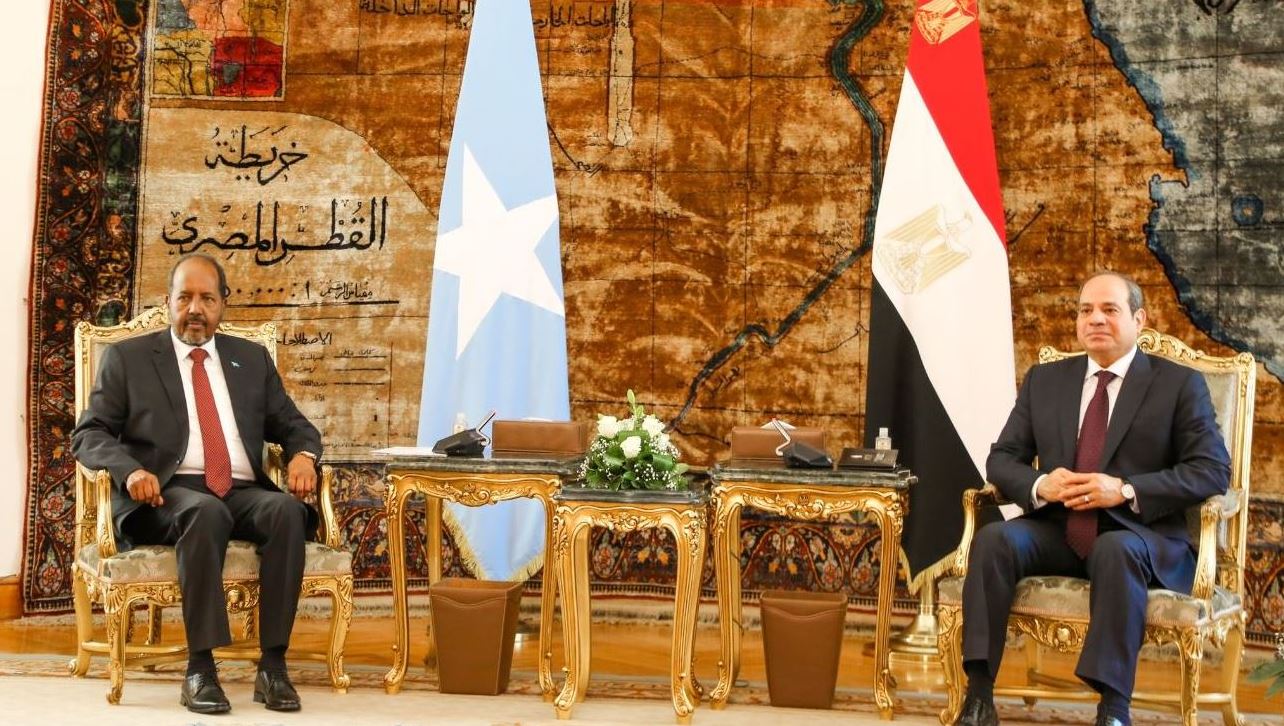
The president of Egypt, Abdel Fatah al-Sisi, has expressed his support for Somalia in a dispute over an offer by Somaliland to give land-locked Ethiopia access to its coast in exchange for recognition of its independence.
In a press conference in Cairo alongside the president of Somalia, Hassan Sheikh Mohamud, Sisi said: “My message to Ethiopia is that trying to seize a piece of land to control it is something no one will agree to.”
Relations between Somalia and Ethiopia have deteriorated since early January, when Somaliland and Ethiopia announced a memorandum of understanding that bypassed the Somali government, which has not exercised control over the self-declared republic since 1991
Officials from Somaliland have claimed that the prospective agreement would involve Ethiopia gaining a naval base along its Gulf of Aden coastline in exchange full recognition. Ethiopia has remained tight-lipped on this aspect of the deal amid growing international pressure, though several officials have hinted at their support for Somaliland’s independence.
Somaliland was a British colony until 1960. The territory enjoyed five days of independence before voluntarily uniting with Somalia, a former Italian colony. It was a bumpy union that ended with Somaliland breaking away in 1991, after a decade-long liberation struggle against a Soviet-backed military regime. Today, Somaliland is a de facto independent state, with its own currency, a parliament and overseas diplomatic missions.
However, it is still not recognised by any country. Western governments will not recognise it until African countries do, but the continent’s leaders have held off, following the African Union’s longstanding policy against redrawing national boundaries inherited from colonialists.
Without recognition, Somaliland struggles to attract investment and is cut off from international finance, which is mostly channelled through Mogadishu. In an interview with the Observer, Somaliland’s foreign minister, Essa Kayd, said the port deal with Ethiopia will “legitimise our self-determination” and could spark a “domino effect” of other countries recognising the territory.
“Recognition is what we have been fighting for all this time and it is the most important thing we can offer to the people of Somaliland,” Kayd said.
When it was struck, Somaliland’s president, Muse Bihi Abdi, said Ethiopia had agreed to grant official recognition in return for a 50-year lease of a stretch of coastline, which it will develop for “naval and commercial” purposes. However, Ethiopia said it had only agreed to “make an in-depth assessment towards taking a position regarding the efforts of Somaliland to gain recognition”.
A western diplomat briefed on the deal described it as a “memorandum of misunderstanding”. “Ethiopia insists they did not agree to recognise Somaliland,” the diplomat said.
Kayd said the deal is based on Ethiopia granting recognition to Somaliland: “Without that, nothing is going to happen.” He added that discussions had been progressing “for years”. “Ethiopia needs sea access and we need recognition, so you can see how these needs can be dealt with.”
Read more here
